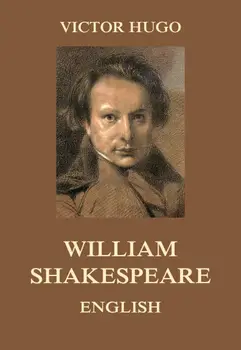In the spring of 1864 appeared Hugo's book entitled "William Shakespeare"—a book, that throws more light on the greatest genius of his own century than on the greatest genius of the age of Shakespeare. And in good sooth the light it throws on the latter is scarcely blinding. But it shows what Victor Hugo himself had come to regard as the poet's mission. The poet, as he tells us, "for a truth, is a priest. There is but one pontiff here below,—genius." Whereupon, if we ask by what signs we are to recognise our spiritual pastors and masters, we are told that they are "the men who represent the total sum of the absolute realisable by man," that they attain to the "highest summit of the human spirit," " the ideal," where " they occupy thrones," and that their thoughts plunge into the abyss of the infinite.

Développer sa culture générale avec 50 poèmes classiques
Charles Baudelaire, André Chénier, Tristan Corbière, Pierre Corneille, Charles Cros, José-Maria de Heredia, Jean de La Fontaine, Leconte de Lisle, François de Malherbe, Alfred de Musset, Gérard De Nerval, Pierre de Ronsard, Alfred de Vigny, Victor Hugo, Stéphane Mallarmé, Arthur Rimbaud, Paul Verlaine
audiobook
The Hunchback of Notre-Dame (Volume 2)
Victor Hugo
audiobook
The Hunchback of Notre-Dame (Volume 1)
Victor Hugo
audiobook
The Hunchback of Notre-Dame (Book 11)
Victor Hugo
audiobook
The Hunchback of Notre-Dame (Book 10)
Victor Hugo
audiobook
The Hunchback of Notre-Dame (Book 9)
Victor Hugo
audiobook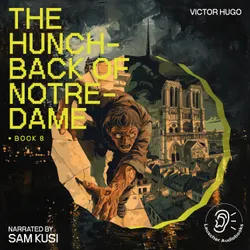
The Hunchback of Notre-Dame (Book 8)
Victor Hugo
audiobook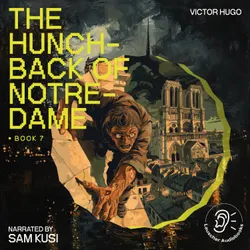
The Hunchback of Notre-Dame (Book 7)
Victor Hugo
audiobook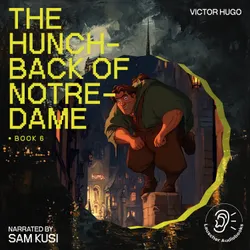
The Hunchback of Notre-Dame (Book 6)
Victor Hugo
audiobook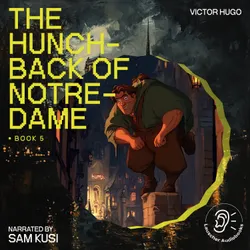
The Hunchback of Notre-Dame (Book 5)
Victor Hugo
audiobook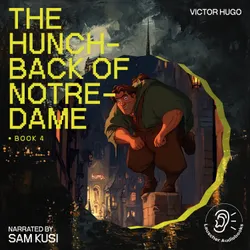
The Hunchback of Notre-Dame (Book 4)
Victor Hugo
audiobook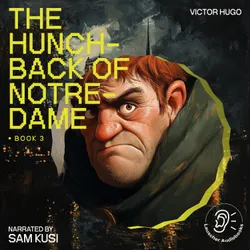
The Hunchback of Notre-Dame (Book 3)
Victor Hugo
audiobook
